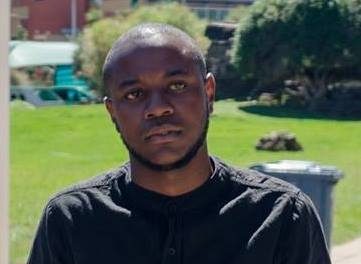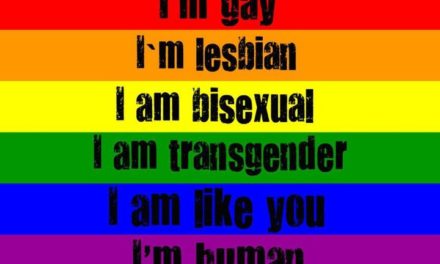
The Rediscovery of Social Freedom
The problems of the southern African society are well-known. One aspect mentioned often is a moral decay or loss of values. It sums up all sorts of unruly behaviour from minor moral transgressions to criminal acts of the most severe nature. Practically everyone has experienced something in the fairly recent past and diagnosis an increase in moral decay.
The creation of moral values in society is a complex process. Preaching by religious leaders and bible classes may help but only to some degree. A first step of understanding has to recognise the difference between intellectual reasoning and communicative rationality. Moral values are created in a communicative process which may include unwritten and non-verbal elements.
In a second step one has to concede the highly acclaimed human rights approach which may be very useful for the constitutional court but has its limitations in the creation of a value-based society. The individual human person it talks about is just not a given fact. Society is not just a numerical sum of individuals who own human rights.
From here it is a small step to acknowledge that moral values are not created but discovered and re-discovered in society again and again. Moral values are not only emotions expressed by an incensed speaker. They are features deep insight of social life. They are hidden and shifting at times.
Relationship values may be an example: The idea of eternal love and care nowadays may be embedded more in the multi-generational multi-local families than in the romantic marriages of modern singles.
It is not sufficient to mention numerous cases of immoral behaviour by individuals to conclude a moral decay of society. It is equally not sufficient to only re-discover where the moral values may have shifted to. Social scientists and politicians need a normative basis for their diagnosis of the moral situation of the nation.
This normative basis answers the question why society lays its trust in moral values. It is the faith that provides the trust. In our postmodern society faith has diverse roots. It may be rooted in a religion, a myth or an idealistic faith. It may even be a cynical non-faith. But it will be an answer to the question how reason and love may be linked. Christians see an ultimate unity they call God.
The common basis for the morals of society is called natural law. One can’t write it down as it immediately disappears when it is rationalised. But it is what all discussions on moral values really talk about. The good news is: It can be discovered while it is seemingly absent. There is hope for the social freedom of the nation.












































